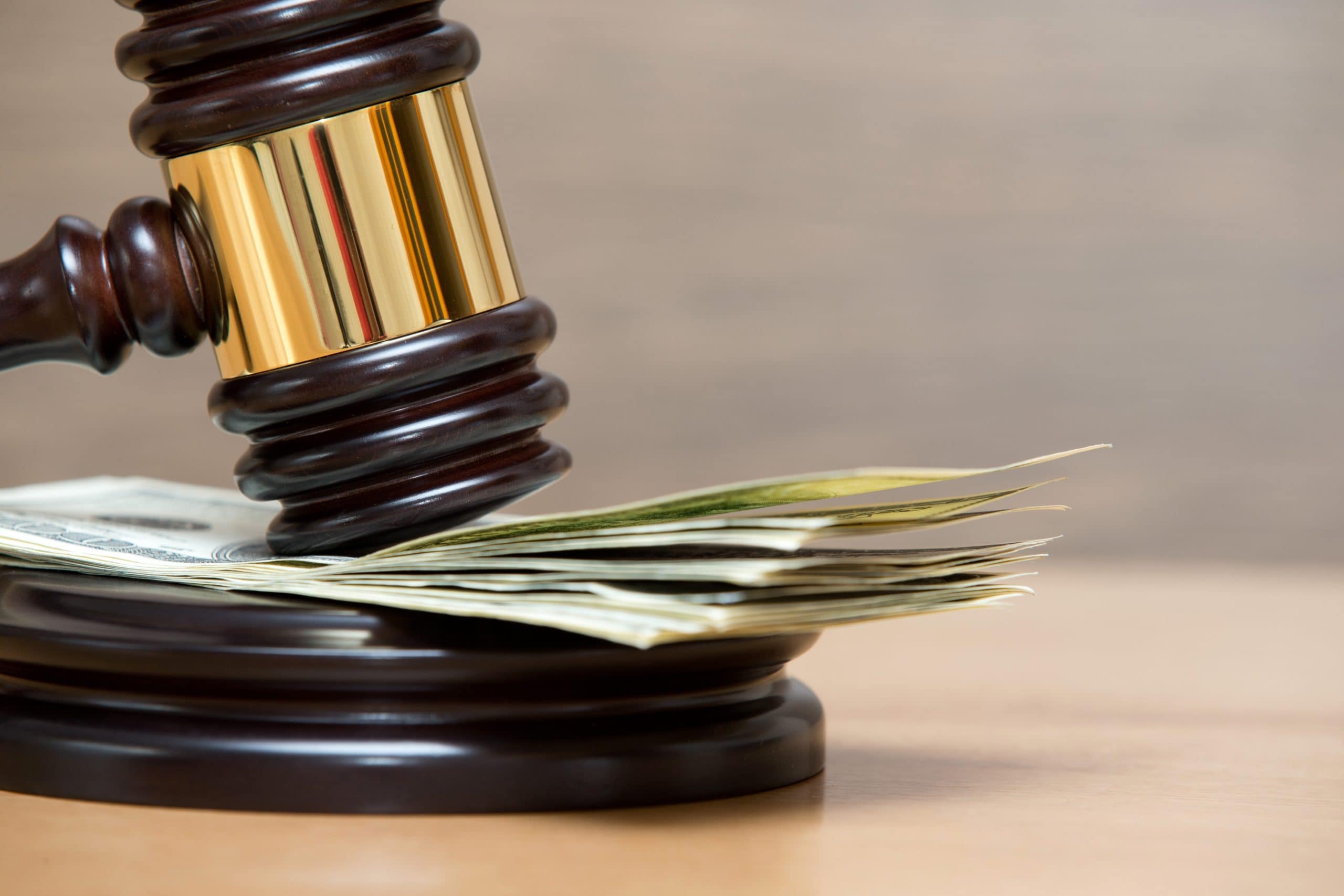Through over a century of understanding of psychology, we now know the archaic phrase that “sticks and stones may break my bones, but words will never hurt me” is not exactly true. Actions that do not result in physical injuries can certainly be traumatic for a person, and may affect their ability to earn a living, take care of a family, or simply enjoy life for years and even decades. That said, it is well-understood that when a person takes a negligent or intentional action that physically injures you, you have the right to bring a lawsuit for your medical bills and related losses. But what are the legal options when a person’s negligent or intentional actions cause you emotional distress? Below we take a look at the law in California on this topic.
The Connection Between “Pain and Suffering” and Personal Injury
The phrase “pain and suffering” is common parlance among attorneys and laypersons alike, but, as you might imagine, it does not mean that any person who ever experiences pain and suffering is entitled to compensation for it.
Pain and suffering generally comes into play in a personal injury case where there has been an actual physical injury. If the defendant was negligent in causing that physical injury, then the victim can claim not only damages for medical bills and lost income but also the pain and suffering associated with the injury. Of course, this is difficult to put a dollar amount on a person’s pain and suffering, but this is typically done through the introduction of evidence of the person’s pain and suffering and comparison to awards made in similar cases.
Intentional Infliction of Emotional Distress
Although pain and suffering awards are made only when there are physical injuries, a person can pursue a personal injury case for purely emotional injuries through the claim of intentional infliction of emotional distress.
To prove a claim of intentional infliction of emotional distress claim in California, the plaintiff must show that:
- The defendant’s conduct was outrageous;
- The defendant intended to cause the plaintiff emotional distress OR acted with reckless disregard of the fact that the plaintiff would likely experience emotional distress;
- The plaintiff did suffer severe emotional distress; and
- The defendant’s conduct played a substantial role in causing that distress.
Any number of scenarios could result in this claim, but common examples might be a gruesome prank gone wrong or an act intended to humiliate a person.
Negligent Infliction of Emotional Distress
Another potential tort claim for which a person can win damages for emotional distress where there was no physical injury is the claim of negligent infliction of emotional distress.
While California Supreme Court cases are somewhat complex in their distinction between a typical negligence case and a case for negligent infliction of emotional distress, the takeaway for the layperson is that, in limited cases, a person can pursue a claim for solely emotional distress damages in the following types of situations:
- Where a person was very close to the scene of a negligently-caused accident (e.g. an explosion or crash) and that person witnessed a loved one be severely injured by the negligent action
- Where a hospital or similar entity negligently mishandles a corpse
- Where a medical professional misdiagnoses a person with a contagious disease
- Where a negligent breach of duty arises out of a preexisting relationship
Speak to an experienced personal injury attorney to determine whether your circumstances warrant a legal action that could result in a significant verdict or settlement.
Experienced Personal Injury Attorneys in the Inland Empire
At McCune Wright Arevalo, LLP our personal injury team – led by by partner Cory Weck, a Marine Corps officer with over 20 years of service to his country and 15 years of experience litigating personal injury cases – has repeatedly won verdicts and settlements on behalf of clients across the Inland Empire in the millions of dollars. Our attorneys understand that the fear, anxiety, and pain that you and your family are going through following a personal injury, and we are dedicated to doing everything we can to help our clients get the help they need. Contact us today to schedule a consultation with one of our experienced personal injury attorneys.
